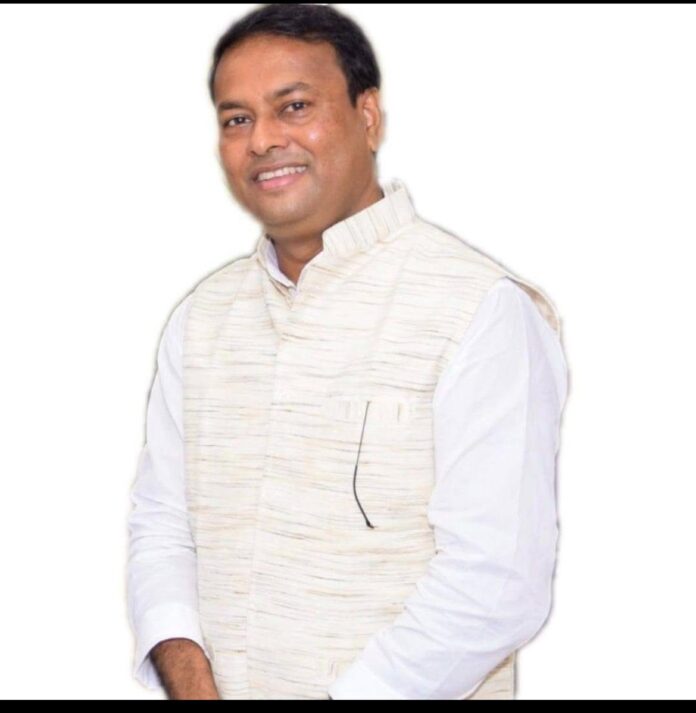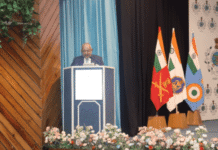The Andaman Zilla Parishad, the highest tier of local self-governance in the islands, is grappling with a severe financial crunch that has left hundreds of staff without pay and crippled its ability to function effectively.
According to Adhikari, daily-rated mazdoors and outsourced employees, many of whom rely entirely on monthly wages, have remained unpaid for months, creating distress for families who depend on their daily earnings. Parishad offices are also struggling to sustain even basic commitments, pushing the institution closer to dysfunction.
The financial crisis is not the only blow. Adhikari has also pointed to the administration’s refusal to allow the filling of sanctioned posts that are critical for the functioning of the Parishad. He highlighted that the positions of Chief Planning Officer, Executive Engineer, and two Assistant Engineers out of the four originally sanctioned have been kept vacant, leaving the body without adequate technical staff to plan and monitor projects. The absence of senior officers is already slowing down essential works such as road construction, school building maintenance, and water supply improvements. Adhikari said that without the necessary manpower, development projects in rural and remote areas are bound to suffer delays and lapses in quality.
He said these actions reflect a design to render the elected body toothless. Depriving it of funds and preventing recruitment to sanctioned posts, he argued, not only undermines the Panchayati Raj system but also contradicts the constitutional mandate of decentralisation. “The intent is clear, by drying up funds and withholding key appointments, the administration wants to shut down the Zilla Parishad in practice,” he said, stressing that such measures strike at the roots of grassroots democracy in the islands.
The situation has triggered serious concerns among workers, who continue to report to duty but remain unpaid. For daily-rated mazdoors and outsourced employees, whose households rely almost entirely on their monthly wages, the uncertainty has caused financial hardship and unrest. If the crisis persists, it will not only worsen the plight of employees but also push the Zilla Parishad into a state of dysfunction where it cannot deliver on its developmental responsibilities. Panchayat representatives have already flagged delays in scheme execution, saying that village-level projects are being left incomplete and oversight mechanisms are weakening in the absence of technical heads.
Adhikari has called upon the Lieutenant Governor’s office and the Ministry of Panchayati Raj to intervene urgently and restore financial flow to the Zilla Parishad. He has warned that without timely action, the institution will be reduced to a symbolic entity with no effective authority, while bureaucracy centralises power back into its own hands. He insisted that the Zilla Parishad belongs to the people of the islands and must remain a functioning, empowered body to voice the needs of rural communities. He appealed for public and political support, cautioning that weakening the Zilla Parishad is not just an attack on an institution but on the democratic participation of the islanders themselves.





